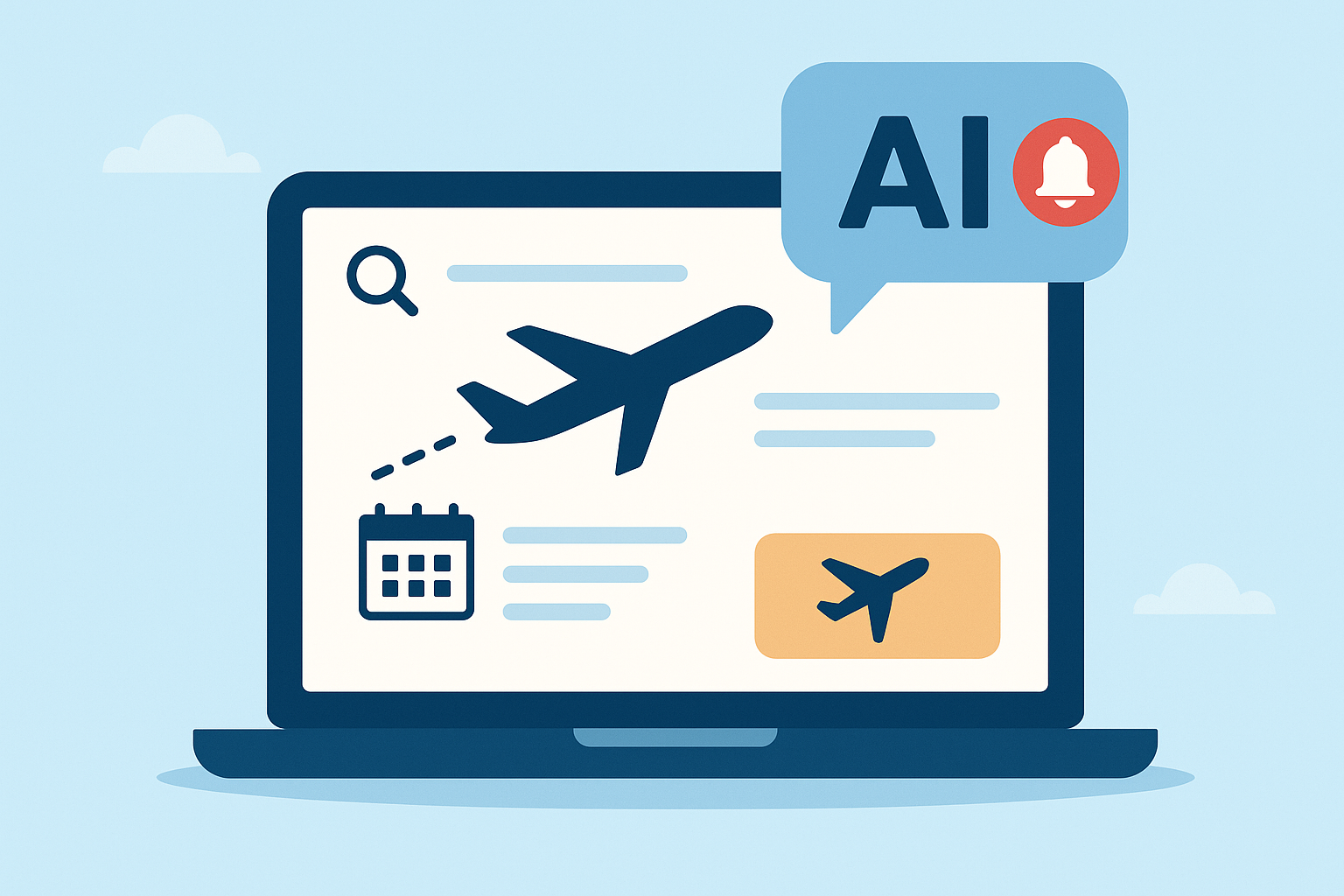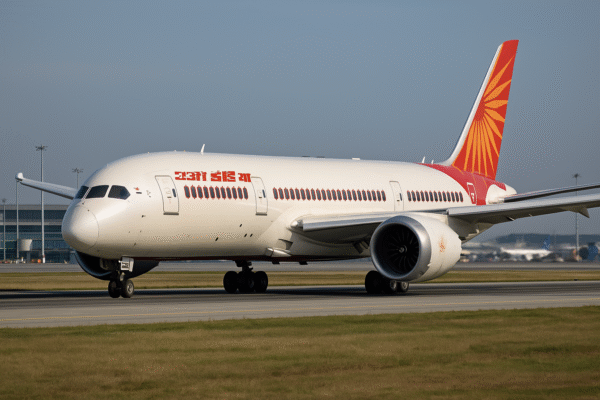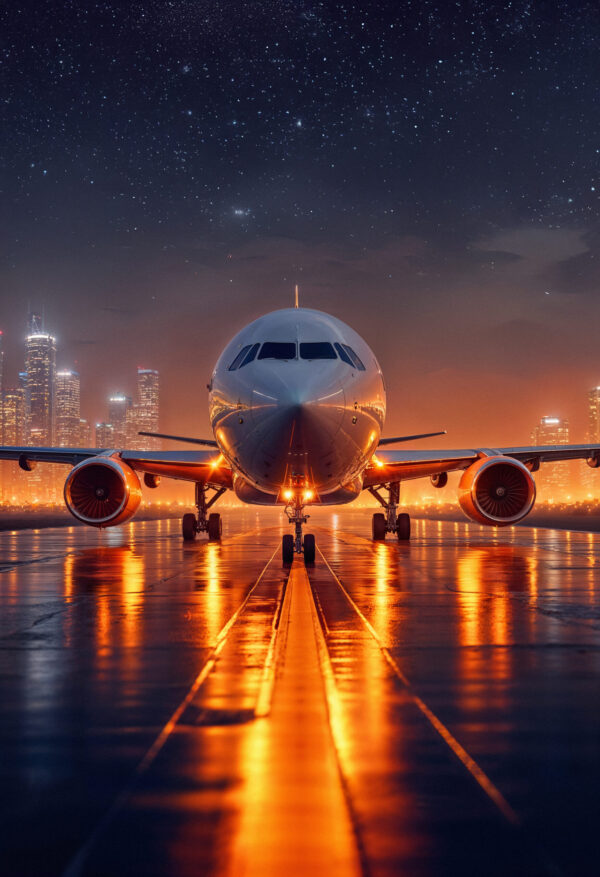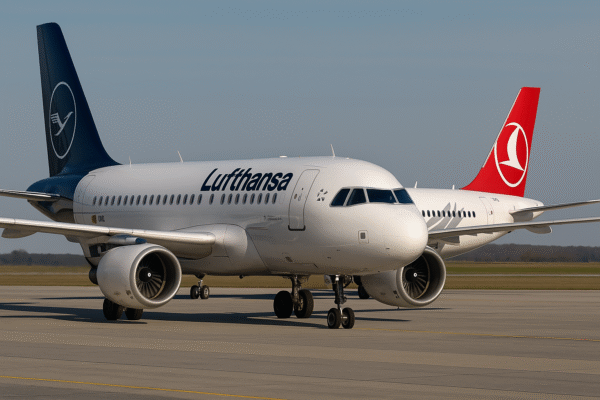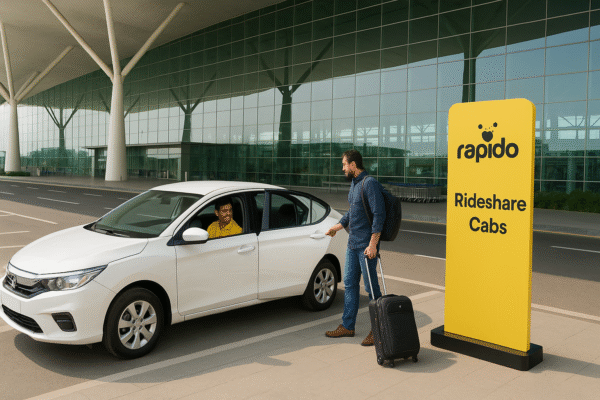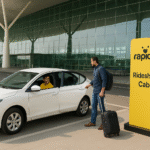Lufthansa Bows Out of Air Europa Deal, Leaving Turkish Airlines as Last Bidder Standing
In a strategic shakeup within the European aviation sector, Lufthansa has officially pulled out of acquisition talks with Spain’s Air Europa, marking a significant change in momentum for airline consolidation efforts across the continent. After months of intricate negotiations, the German flag carrier announced it would not pursue the investment, citing unresolved complications and shifting market conditions. This move now leaves Turkish Airlines as the only active contender seeking a stake in Air Europa.
A Missed Strategic Expansion for Lufthansa
Lufthansa’s initial interest in Air Europa was rooted in strengthening its European footprint and competing more effectively with airline giants such as International Airlines Group (IAG), which owns Iberia and British Airways. However, the company recently stated that it had “concluded its due diligence and internal evaluations” and determined the acquisition no longer aligned with its strategic priorities.
A crucial obstacle was IAG’s existing 20% shareholding in Air Europa, which posed both competitive and regulatory hurdles. Additionally, unresolved disagreements within Globalia—the Spanish tourism group that owns Air Europa—made the deal increasingly unviable. The Lufthansa Group emphasized that internal alignment between stakeholders is critical in such deals, and the lack of cohesion within Globalia reportedly created persistent delays and uncertainties.
Air Europa Still in Financial Trouble Post-COVID
The Spanish airline continues to struggle under the weight of a large government bailout it received during the peak of the COVID-19 pandemic. The aid package, totaling around €475 million, was granted under Spain’s Solvency Support Fund for Strategic Companies to help Air Europa survive the travel downturn. However, repayment deadlines are looming, and the airline urgently needs a financial partner to stabilize its operations.
Despite repeated attempts to secure long-term investment, multiple suitors—including Air France-KLM and now Lufthansa—have exited negotiations. These failed attempts underscore the complexities of airline mergers in a post-pandemic world, especially in a high-debt environment where carriers must navigate regulatory constraints, geopolitical tensions, and evolving consumer trends.
Turkish Airlines Steps Forward with European Expansion
With Lufthansa out, Turkish Airlines has emerged as the sole remaining contender in talks to invest in Air Europa. This development aligns with the Istanbul-based carrier’s ongoing strategy to expand its footprint in Western Europe. Turkish Airlines, already a dominant player in connecting Asia, the Middle East, and Europe through its Istanbul hub, is reportedly seeking deeper access to Southern European markets, particularly Spain—a major tourism destination with high passenger traffic potential.
By acquiring a stake in Air Europa, Turkish Airlines could significantly boost its intra-European network while also strengthening long-haul connections to Latin America, where Air Europa has a solid presence. Industry analysts view this move as part of Turkish Airlines’ broader ambition to challenge the traditional European aviation alliances—Star Alliance, SkyTeam, and oneworld—and carve out a more independent global path.
What This Means for Spain and European Aviation
Spain’s aviation market stands at a crossroads. Air Europa is the second-largest airline in the country after Iberia and plays a vital role in connecting Spanish cities with Latin America and the Caribbean. A partnership with Turkish Airlines could bring new routes, enhanced competition, and potentially lower fares for passengers. However, it may also trigger regulatory scrutiny from Spanish and EU authorities concerned about market concentration, foreign ownership, and long-term control of critical transport infrastructure.
Meanwhile, Lufthansa’s decision reflects broader caution in the European airline industry, where consolidation has often proven challenging. Mergers like the IAG-Air Europa deal, which was once valued at over €1 billion before being reduced due to the pandemic, show how volatile valuations and political factors can derail even promising ventures.
European Airline Industry Still Recovering
More than three years after COVID-19 devastated the aviation industry, many carriers are still in recovery mode. According to Eurocontrol and IATA, while overall traffic in Europe has returned to around 90% of 2019 levels, profitability and operational capacity remain unstable due to fuel price fluctuations, labor shortages, and shifting passenger demand.
Airline consolidation remains a recurring theme as companies look to scale up, reduce costs, and improve resilience. However, the complexity of regulatory frameworks and national interests continues to limit successful integrations.
What’s Next for Air Europa?
All eyes are now on Turkish Airlines and whether it can finalize a deal with Globalia and win the green light from regulators. The Turkish flag carrier’s strong financial position and growth ambitions make it a credible investor, but questions remain about how such a partnership would impact competition in both Spanish and broader European markets.
For Air Europa, a deal is critical to survival. Without new capital, the airline risks losing market share and facing further operational strain. With tourist flows to Spain booming again—especially in regions like the Balearic Islands, Andalusia, and Madrid—the carrier’s strategic importance in both leisure and business travel is undeniable.
Conclusion
Lufthansa’s withdrawal from the Air Europa deal is more than just a failed transaction—it reflects the evolving challenges of aviation consolidation in Europe. While Turkish Airlines now stands alone in talks, the coming months will be crucial in determining whether Air Europa finds a lifeline or continues to struggle under its debt.
For Spain, the EU, and the broader tourism sector, the outcome could shape the competitive landscape for years to come.
For more travel news like this, keep reading Global Travel Wire

